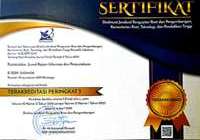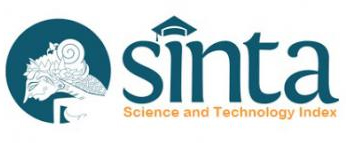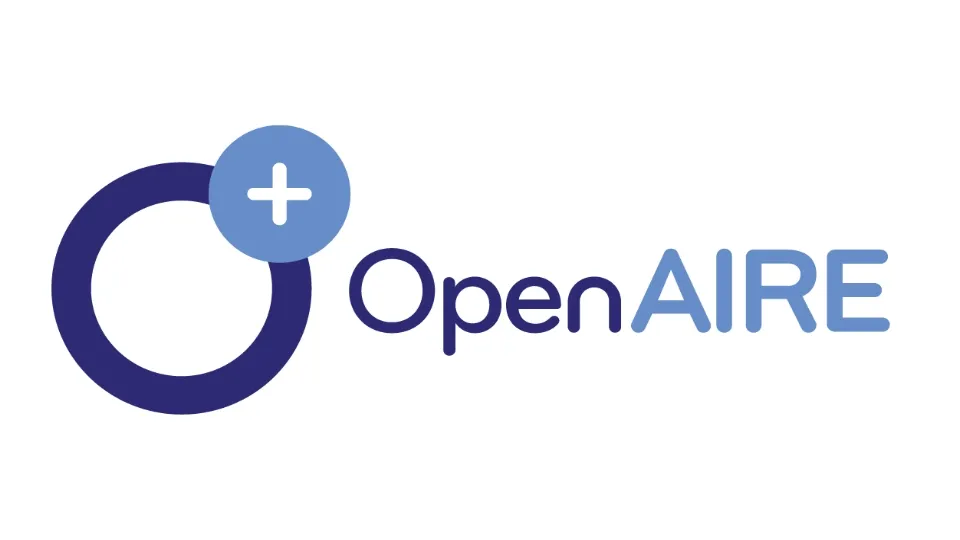Filologi Nusantara dan Perpustakaan: Potret Layanan Khusus Pengguna Studi Islam Indonesia
DOI:
https://doi.org/10.21154/pustakaloka.v8i1.474Keywords:
manuskrip kuno, filologi nusantara, Cirebonese Corner, perpustakaan PTKIN, ancient manuscripts, philology of Nusantara, libraries of PTKINAbstract
Abstrak; Ada kegelisahan sebagian pengguna perpustakaan ketika sedang mengkaji Islam di Indonesia berbasis naskah kuno. Salah satu kegelisahan itu adalah ketidaktersediaan sumber informasi tentang naskah kuno Nusantara di perpustakaan PTKIN. Informasi naskah kuno yang paling sederhana ini melalui katalog naskah kuno. Di Indonesia, katalog naskah kuno ini sudah ada sejak tahun 1950 oleh Poerbatjaraka, Voorhoeve, dan Hoykaas dengan titel Indonesische Handschriften hingga saat ini. Katalog naskah Nusantara itu memuat informasi asal usul naskah, isi naskah, dst. Lebih jauh lagi, tentu saja seharusnya perpustakaan PTKIN menyediakan naskah-naskah kuno tersebut, sekalipun dalam bentuk digital. Salah satu bentuk penyelamatan naskah kuno itu melalui program digitalisasi. Dalam konteks itulah filologi Nusantara penting untuk menjadi alat bantu dalam pengembangan perpustakaan PTKIN.
Sebenarnya, filologi bukanlah ilmu baru di lingkungan PTKIN. Sebagai mata kuliah, filologi atau studi naskah kuno diajarkan pada Jurusan/Program Studi Sejarah Kebudayaan/Peradaban Islam Fakultas Adab dan Humaniora. Hanya saja, kajian Islam berbasis filologi masih dapat dihitung dengan jari. Karena itu, sangat wajar juga jika pihak perpustakaan hingga saat ini masih belum ada koleksi khusus tentang hal itu. Berangkat dari kegelisahan itulah nampaknya penting diungkapkan saat ini sebagai kajian awal tentang filologi Nusantara dan perpustakaan. Pengalaman kecil di Pusat Perpustakaan IAIN Syekh Nurjati Cirebon melalui layanan khusus Cirebonese Corner dapat menjadi pintu awal kajian ini.
Abstract; There are discomfort and worry among library users when they want to study Islam in Indonesia based on ancient manuscripts. One of them is caused by the unavailability of primary references about ancient manuscripts in the library of PTKIN. In the meantime, they find them such references by searching through a catalog of ancient manuscripts which has been around since the 1950s, written by Poerbatjaraka, Voorhoeve, and Hoykaas entittled Indonesische Handschriften. The catalog contains information of origin of scripts, contents, and so on. Furthermore, PTKIN libraries should provide these ancient texts, albeit in digital form. And it is through such digitization program that we can save manuscripts. It is also in the context that the philology of Nusantara becomes important to be assistive instrument to develop PTKIN libraries.
Actually, philology is not a new science in the PTKIN. As a university subject, philology, or the study of ancient texts, is taught in the Department of Islamic Civilization, Faculty of Adab and Humanities. However, studies based on philology Islam are relatively low. Therefore, it is reasonable that libraries have no special collections on it. With this background, it is the time to raise the two issues as a stepping stone for the study of Nusantara philology and Libraries. A few experience in the Central Library of IAIN Sheikh Nurjati Cirebon through special service called “Cirebonese Corner” can be the beginning to address these two issues.
References
https://bl.academia.edu/AnnabelGallop
http://blajakarta.kemenag.go.id/pengembangan/98-rumusan-seminar-hasil-penelitian-koleksi-dan-katalogisasi-naskah-tasawuf.html. Diunduh 7 Mei 2016
http://www.syekhnurjati.ac.id/profile/sejarah/diunduh, 11 Mei 2016
http://www.uinsgd.ac.id/front/arsip/page/kampus/profil-sejarah-uin, diunduh 11 Mei 2016
Kardi, “Literasi Budaya dan Budaya Lokal”, Pustakaloka, Vol. 5. No.1 Tahun 2013.
Oman Fathurrahman, “NU dan Manuskrip Islam Pesantren”, Seputar Indonesia, 9 April 2010.
Sambutan Sultan Sepuh, 29 Pebruari 2016 di Cirebonese Corner, Lt. 1 Pusat Perpustakaan IAIN Sejati.
Downloads
Published
Issue
Section
License
Requirements to be met by the author as follows:
- Author storing copyright and grant the journal right of first publication manuscripts simultaneously with licensed under the Creative Commons Attribution License that allows others to share the work with a statement of the work's authorship and initial publication in this journal.
Authors can enter into the preparation of additional contractual separately for non-exclusive distribution of a rich version of the journal issue (eg: post it to an institutional repository or publish it in a book), with the recognition of initial publication in this journal.
Authors are allowed and encouraged to post their work online (eg, in institutional repositories or on their website) prior to and during the submission process, because it can lead to productive exchanges, as well as citations earlier and more severe than published works. (see The Effect of Open Access).















